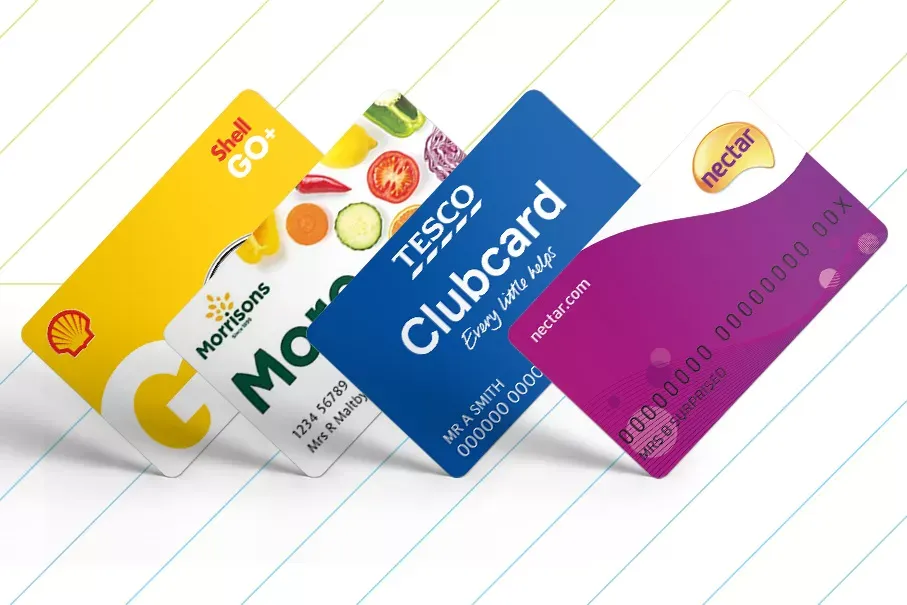
Running a company that relies on driving is expensive business:
- Sourcing and buying reliable vehicles.
- Making sure you have valid MOTs, insurance and road tax.
- Keeping up with regulatory challenges like Clear Air Zones (CAZ) or congestion charges.
- Never-ending petrol and maintenance expenses.
With all these outgoings to consider, you want to make sure your fleet is as cost-effective as possible. One simple step you can take is making sure your employees are driving efficiently – to save fuel and avoid unnecessary wear and tear. Find out the most common costly driving errors, how they impact you and the best way to steer clear of them.
Common costly driving errors
Speeding
When we think of speeding, safety alarm bells ring straight away. We all know that travelling over the limit can be significantly more dangerous for those around us; but it also has a big impact on your fuel expenditure. Speeding increases fuel consumption and leads to reduced fuel efficiency. With constant exposure to high speeds, tyres, brakes and engines, all wear out faster too. And if one of your drivers gets caught? That might mean a hefty fine, legal action or increased insurance costs.
Harsh braking
Save harsh, aggressive braking or sudden jolts for emergencies only. This driving habit can lead to wearing down the pads and discs. Constant stop and start also increases the demand for energy, burning fuel unnecessarily quickly. A smoother style, where you anticipate what’s ahead, will up efficiency and make a more pleasant ride for any passengers or valuable kit in the boot.
Acceleration
All of us have been sitting at a red light, alongside another vehicle, tempted to beat them off the line. But quick or excessive acceleration is another sure-fire way to waste money. When you slam your foot on the gas, it burns more fuel and puts extra stress on the engine or transmission. The petrol light will ping on sooner and you might have to organise an unexpected trip to the garage.
Idling
Did you know stationary engine idling is actually against the law? That means if drivers park up and leave the vehicle with the engine running, you can be hit with a fine. Of course, sometimes it can’t be avoided in traffic jams or town driving. But if drivers can turn the engine off – or use vehicles with anti-idling technology – it could boost fuel efficiency. As a bonus, it helps make our air cleaner too.
How these errors impact your finances
As we’ve discussed, there’s no doubt that driving errors can negatively impact your company bank balance. The main ways are:
Burn too much fuel, burn too much money
It’s simple. If your drivers burn more fuel, by being inefficient on the road, they’ll need to fill up more frequently. Luckily, when you have a fuelGenie or fuelGenie+ card, at least you can encourage them to refuel at our low-cost supermarket petrol stations as much as possible.
More, more and more maintenance
Erratic driving, like harsh breaking or racing from 0-20, puts strain on your vehicles. This kind of gradual wear and tear might go unnoticed for a while. Then all of a sudden, it can be a big problem. Whether it’s an eye-watering bill for a brand-new part or touch-ups that feel way too regular – smoother driving means stripped-back expenses.
Finance-knocking fines
If your fleet are caught speeding or stationary idling – a fine may well be coming your way. The responsibility sits with the driver but if a vehicle is registered to your company, it can get complex. Make sure you have a fair policy in place which makes it clear who is responsible for paying.
Downtime disasters
A vehicle sitting in the garage for repairs or damaged by an accident could leave you pretty stuck. If it can’t be fixed quickly, you’ll be one fleet member down – for who knows how long. This puts you at risk of losing jobs, clients and valuable income.
How to prevent driving errors
Training: Organise efficiency training to make sure your drivers know best practice. They may well not realise the costly errors they’re making. Once they do, it’s easy for them to take action straight away.
Maintenance: Stick to a strict schedule of regular checks and touch-ups. It will keep your vehicles in good condition to avoid big bills. Reduce downtime and balance your books by only having one vehicle out of action each time.
Tracking: Telematics systems, GPS or a ‘black box’ will show you how your fleet behave on the road. Installing them will make your drivers more aware and you can use the insights to address any issues right away.
Incentives: If you get telematic systems installed, you can use the data to reward your most efficient drivers. Create a leader board to encourage healthy competition and show how safer, efficient driving is good for them too.


